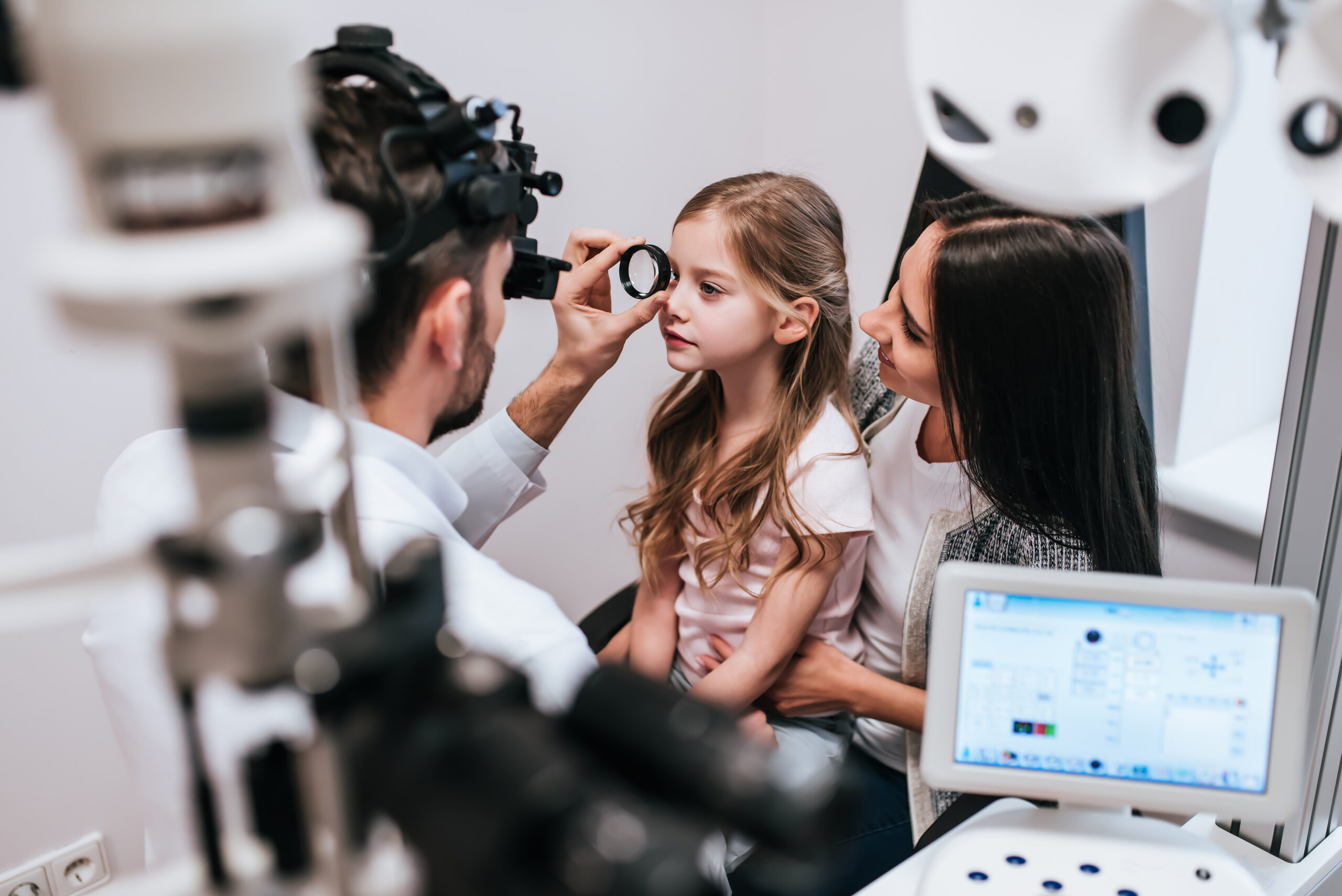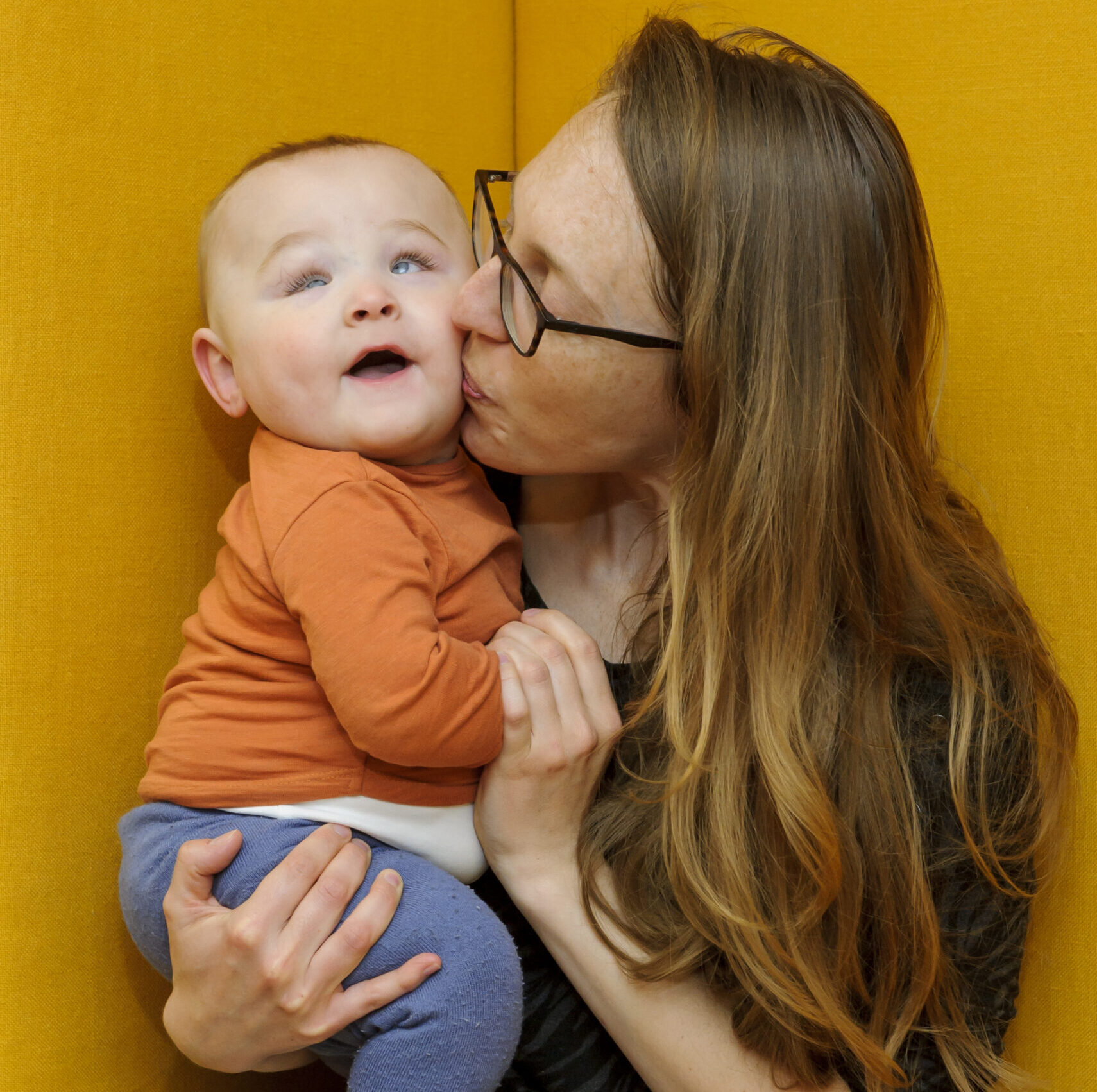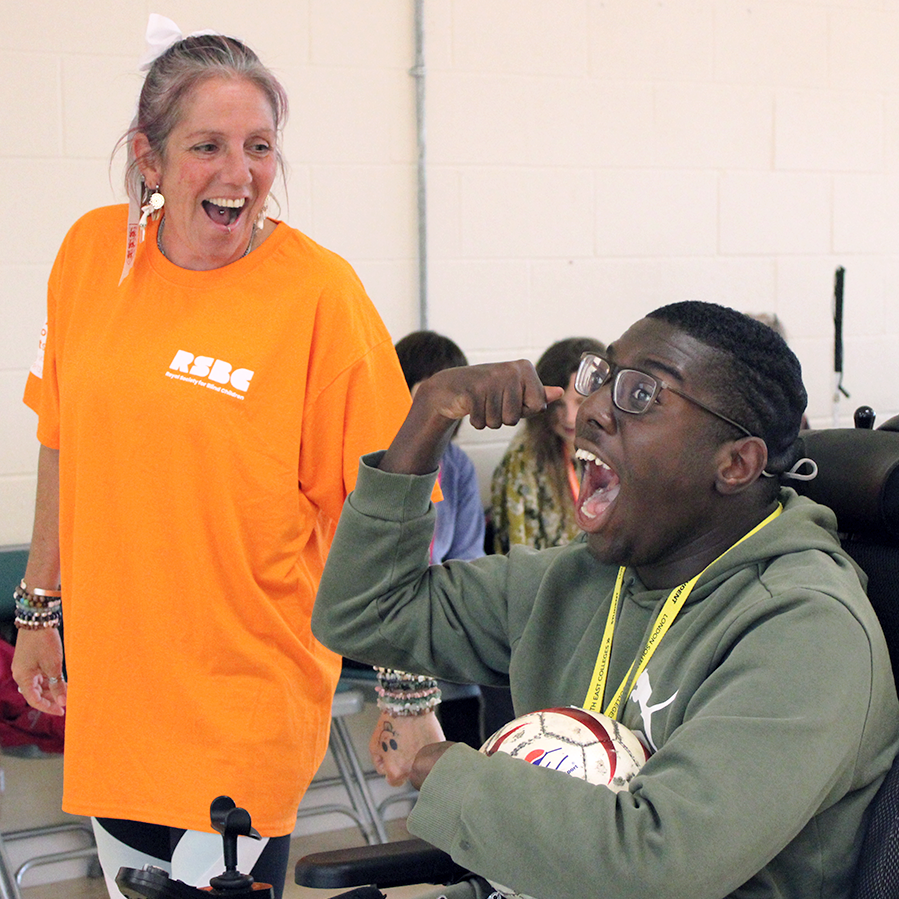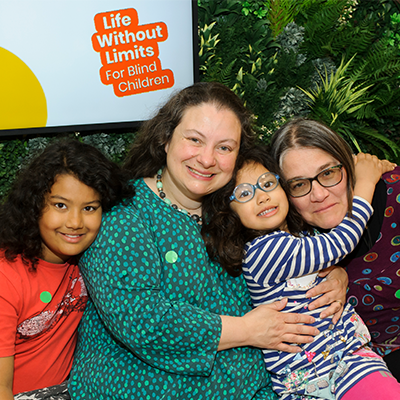RSBC joins All Part Parliamentary Group

February 27, 2024
Are you aware that only one in four registered blind and partially sighted people of working age are in employment?
It’s a shocking statistic that highlights the barriers that still exist for people with visual impairment, despite legislation being in place to ensure that they’re treated equally by prospective employers, such as the Equality Act 2010.
The All Party Parliamentary Group (APPG) on Eye Health and Visual Impairment
This cross-parliamentary group recently carried out an online survey of 2,000 businesses, and the findings showed that:
- 48% of businesses surveyed didn’t have accessible recruitment processes – despite this being a legal requirement.
- 47% didn’t know where to find funding to help cover the extra costs of practical support for employees who are blind or partially sighted, such as the government’s Access to Work Scheme.
- 25% of respondents said they would not be willing to make workplace adaptations and adjustments in order to employ a blind or partially sighted person.
- 1 in 5 employers believe that making adaptations required by law would be too costly.
Marsha de Cordova, MP for Battersea, is the Chair of the APPG and called the findings “deeply worrying.” She added that they show “outdated perceptions of blind and partially sighted people are putting them at a significant disadvantage when it comes to accessing the job market.”
Now, the APPG is conducting an inquiry into employer attitudes and the employment of blind and partially sighted people. It aims to gather insight into how attitudes and barriers impact the likelihood of a blind or partially sighted person being employed and explore the policies and practices employers currently have in place to support blind and partially sighted people in work. In addition, it will research employer attitudes regarding the perceived benefits and challenges of employing blind and partially sighted people, seek to better understand what blind and partially sighted people would like from an employer, and work to provide solutions at a policy and operational level.
The APPG on Eye Health and Visual Impairment inquiry will last for six weeks, after which it will publish a report highlighting recommendations that government, employers and other stakeholders can implement to create a more inclusive workforce.
What you can do
The inquiry welcomes the views of blind and partially sighted people, as well as employers, and the APPG would like to know what they are to include them in its evidence. You can complete a written submission and find more information by clicking here.
Whatever your experience has been – from ensuring that your workplace is inclusive and accessible, to getting the right support to move into employment – the inquiry wants to hear from you by 15 March. Your views could help to shape legislation, prevent discrimination, and promote equality in the future.
What RSBC is doing
On Monday 26th February 2024, RSBC’s Services Director, Carla Rose-Hardman, attended the APPG Employer Attitudes – Evidence Session in Parliament with employers and Trade Unions. She said, “Many companies are unaware of the range of support that’s available to them, and so blind and partially sighted people are excluded from the recruitment process from the start. There are a lot of ‘unknowns’ around schemes like Access to Work and the Disability Confident employer scheme and so employers and potential employees need more information about them.
“Through RSBC’s Futures employment service, we aim to challenge attitudes surrounding employment for young people with vision impairment. We supporting them as they transition into the work of work and provide advice and practical solutions to potential employers, as well as the young people themselves.
“Clearly, though, there is a long way to still go to ensure that the workplace is fully inclusive and that the unbelievable potential of blind and partially sighted people is unlocked so that they can fully contribute to society.
“RSBC will be attending future APPG inquiry sessions, including the upcoming AGM on 19 March, when we will be interested to hear from more employers as they share their experiences and provide evidence.”
The APPG report
After the conclusion of the inquiry on 15 March, the APPG will then publish a report setting out recommendations that government, employers and other stakeholders can implement to create an inclusive workforce of the future.
How young people can access support from RSBC
RSBC’s Futures service supports blind or partially sighted young people aged 13-25. Whether you already know what you want to do – get a paid job, become a volunteer, run your own business, take up an apprenticeship, or go into further or higher education – or whether you’re not quite sure what you’d like to do as yet, we can help.
Our Futures service can be by your side to guide and advise you as you start to make your plans. And we also offer practical support around things like Access to Work and accessible technology.
Get more information on Futures, or fill out the form to join one of our sessions, here.
You may also like
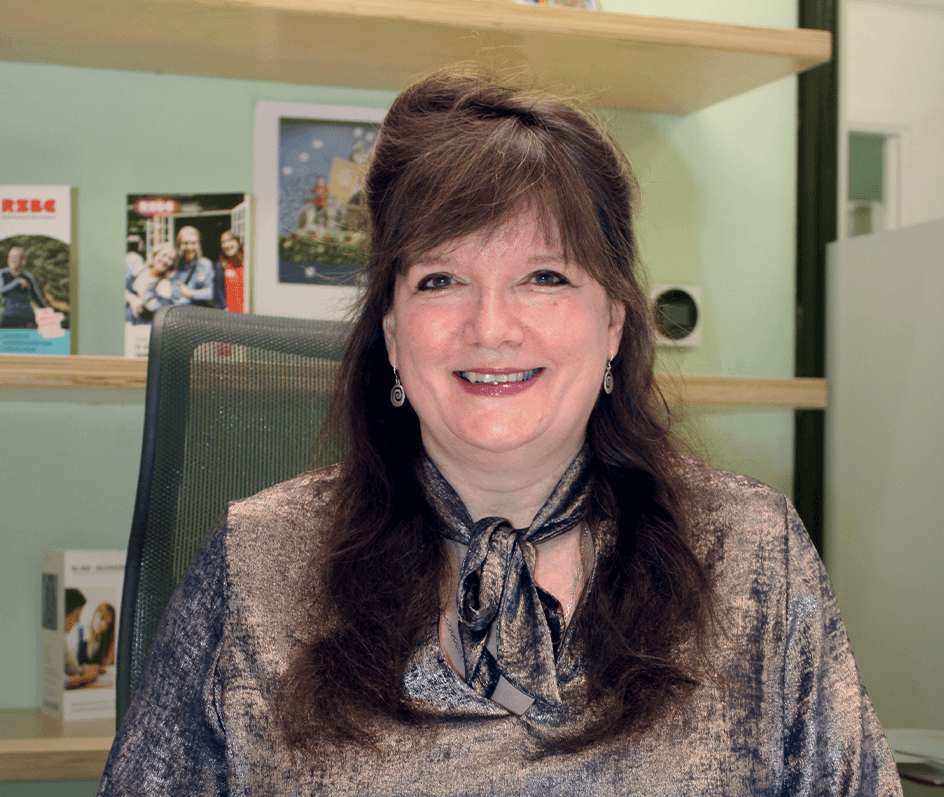
No categories March 28, 2025
Mother’s Day: our CEO shares her story
Happy Mother’s Day to everyone celebrating! In recognition of this special day, we sat down with our CEO, Julie, to hear about her relationship with her daughter, Saime, who is registered blind.

No categories March 20, 2025
What our young poets have to say this World Poetry Day
We were delighted to host two workshop sessions with renowned poet Dave Steele recently, and they certainly fired up the imaginations of the young people who attended! We’re pleased to be able to showcase the incredible talent that came out of the workshops in the beautiful poems written by those attending below.
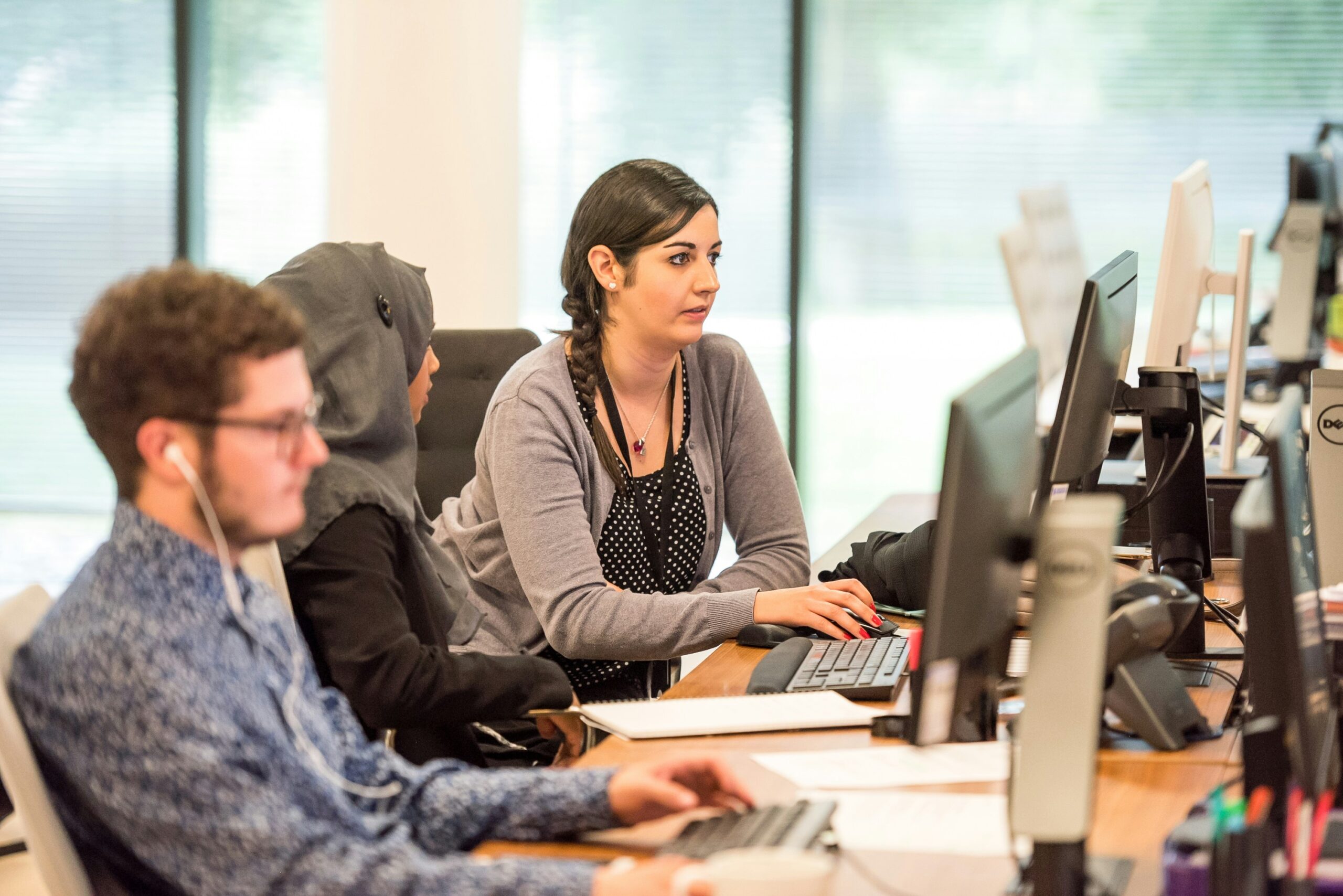
No categories March 10, 2025
RSBC’s 5 key reforms to support young people into work
The government has just announced plans for a major shakeup of the welfare system, with £6bn of proposed cuts. Personal Independence Payments (PIP) are a lifeline for many people in our community. We understand the system needs reform, and that tough times can call for tough measures. But cutting back on PIP without making it […]
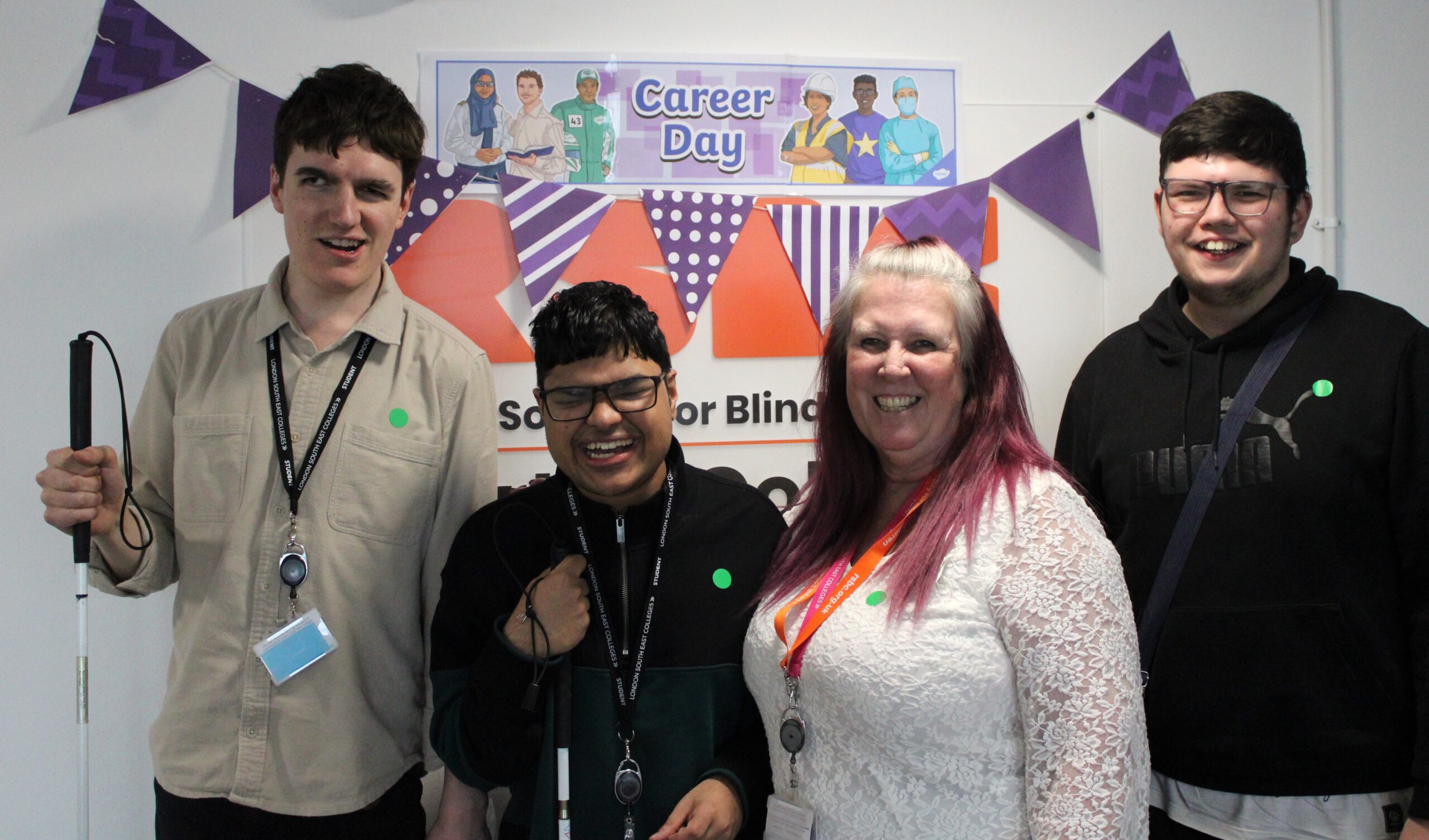
No categories March 7, 2025
Dorton College careers day: giving our students the confidence to shine
Too often, young people living with a vision impairment aren’t given the career opportunities they deserve. That’s why RSBC’s Dorton College hosted a careers day recently, inviting external speakers to inspire our students and help provide them with the tools they need to enter the world of work.
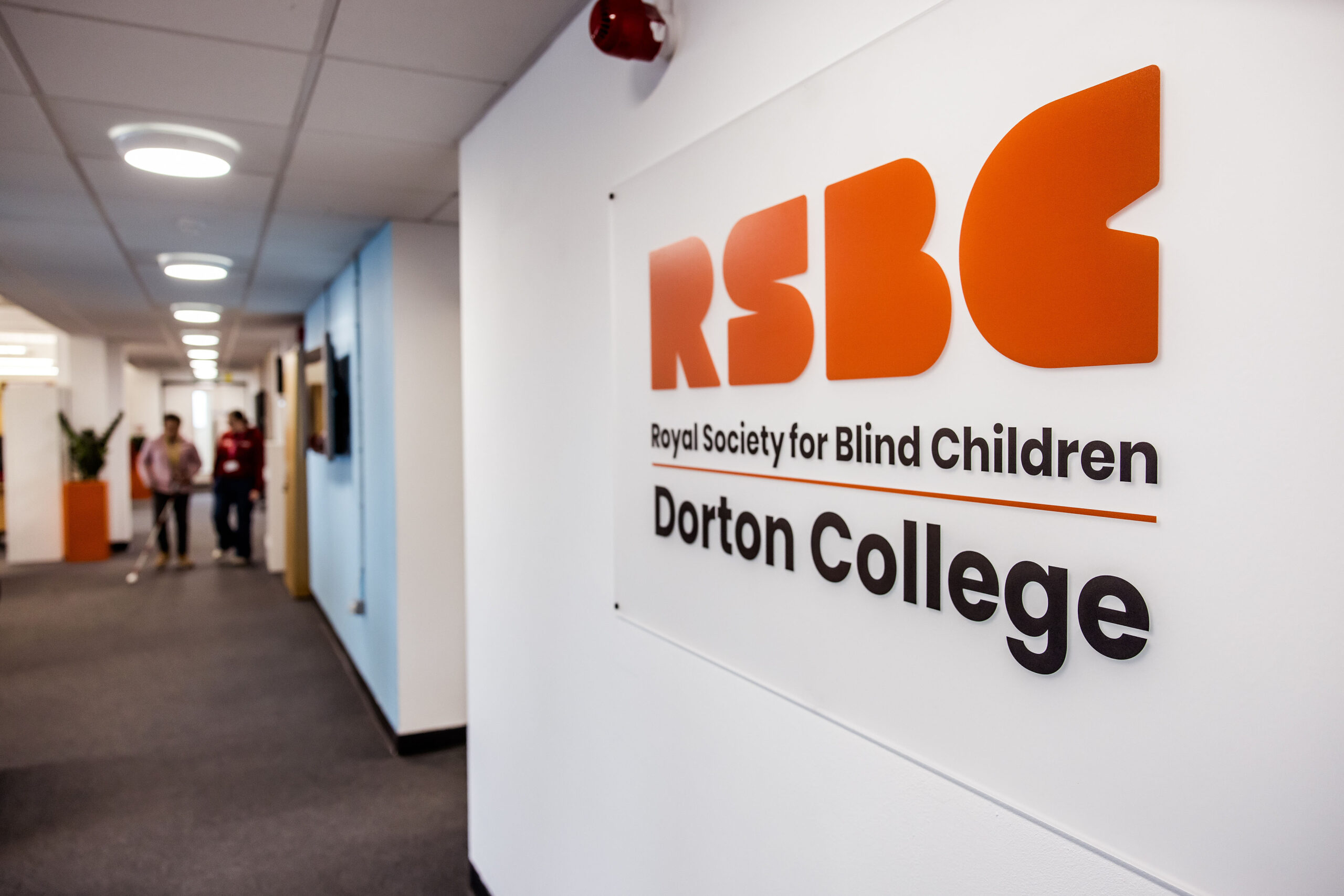
No categories March 5, 2025
Gary O’Donoghue’s win at the RTS Television Journalism Awards
Each year, the Royal Television Society hosts the Television Journalism Awards, celebrating the most prestigious change-makers in the British journalism space.
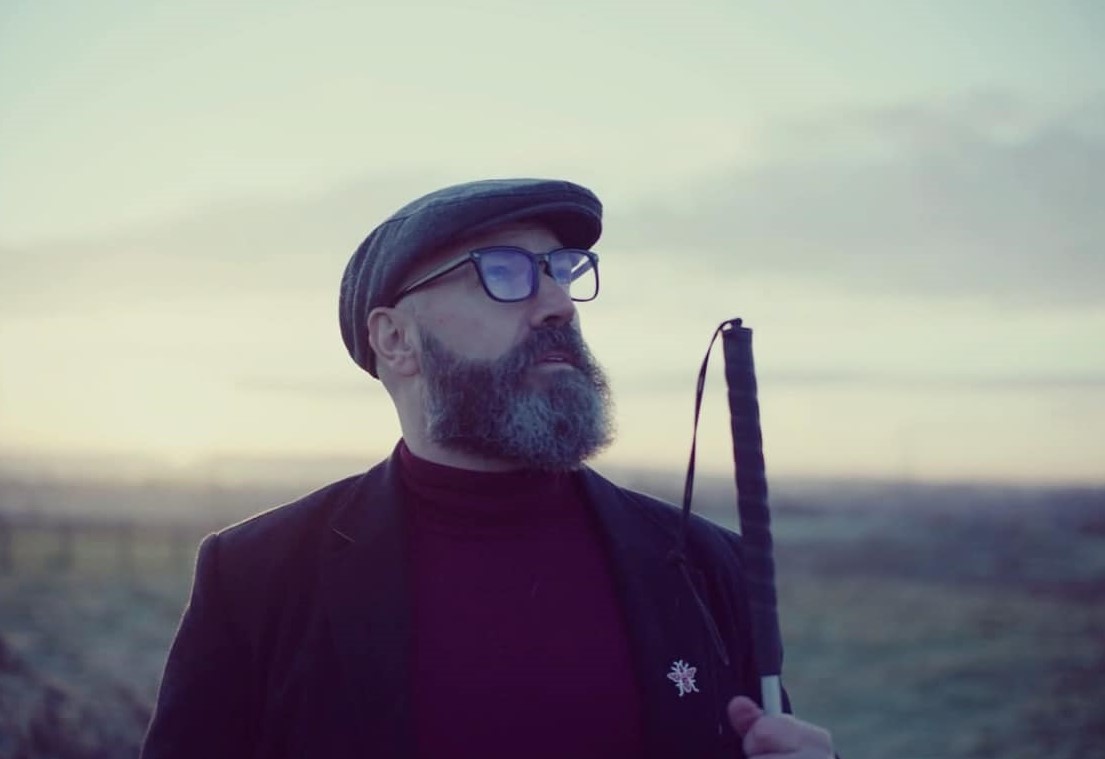
No categories March 4, 2025
Young people unlock their imagination at The Blind Poet’s workshops
Dave Steele, popularly known as The Blind Poet, is an internationally acclaimed and award-winning poet, author, speaker and singer – and an advocate for people with vision impairment.

No categories March 3, 2025
Helping young people be heard: RSBC’s Youth Voice Strategy Day
Recently, RSBC’s Youth Forum, Young Ambassadors and members of the RSBC team came together for a Youth Voice Strategy Day at our Life Without Limits Centre in London. The mission was simple: young people were tasked with coming up with their own objectives and create a roadmap for the future, which would help RSBC identify […]

No categories February 19, 2025
The Roundhouse becomes London’s first venue to use Navilens – with RSBC’s support
Iconic music and performing arts venue, the Roundhouse in Camden, has provided creative space that empowers people and communities since the 1960s. Its team is focused on unleashing the creative potential of young people and artists, giving them the opportunity to experiment, develop their skills, and be part of unforgettable moments with a lasting impact.
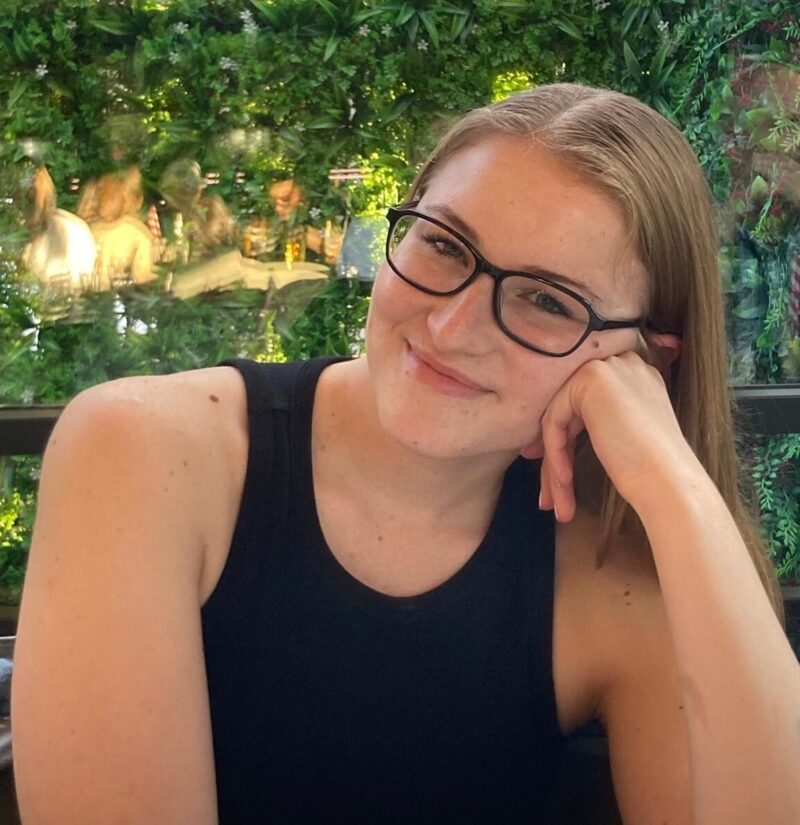
No categories February 14, 2025
A volunteer’s journey: Meet Joné
Joné has been volunteering with RSBC since August 2024. We spoke to her about why she wanted to become a volunteer and what her experience has been like so far.
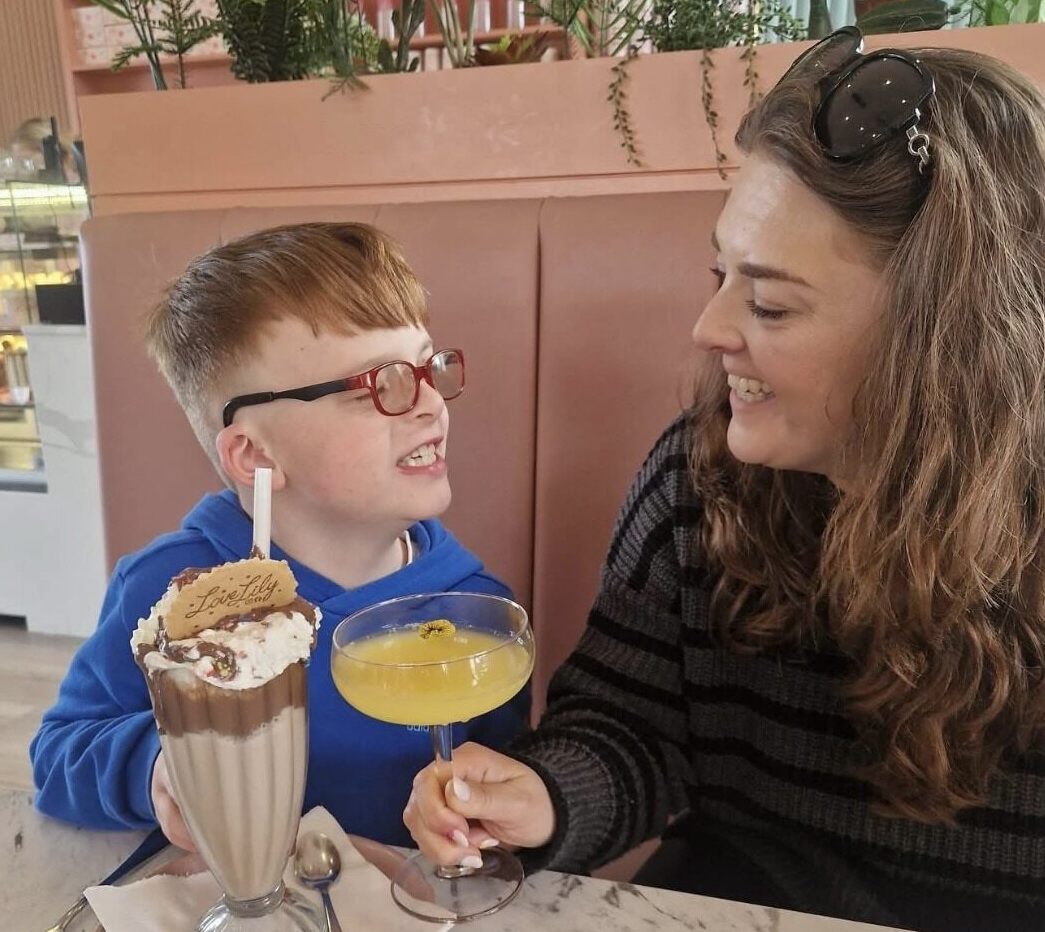
No categories January 30, 2025
George and Nicola’s story
George is an energetic and confident eight-year-old boy who lives in a bustling household with his mum, Nicola, his dad, and his baby brother Ted. It’s a home that’s filled with love and resilience as the family faces the challenges and celebrates the triumphs that vision impairment brings.
